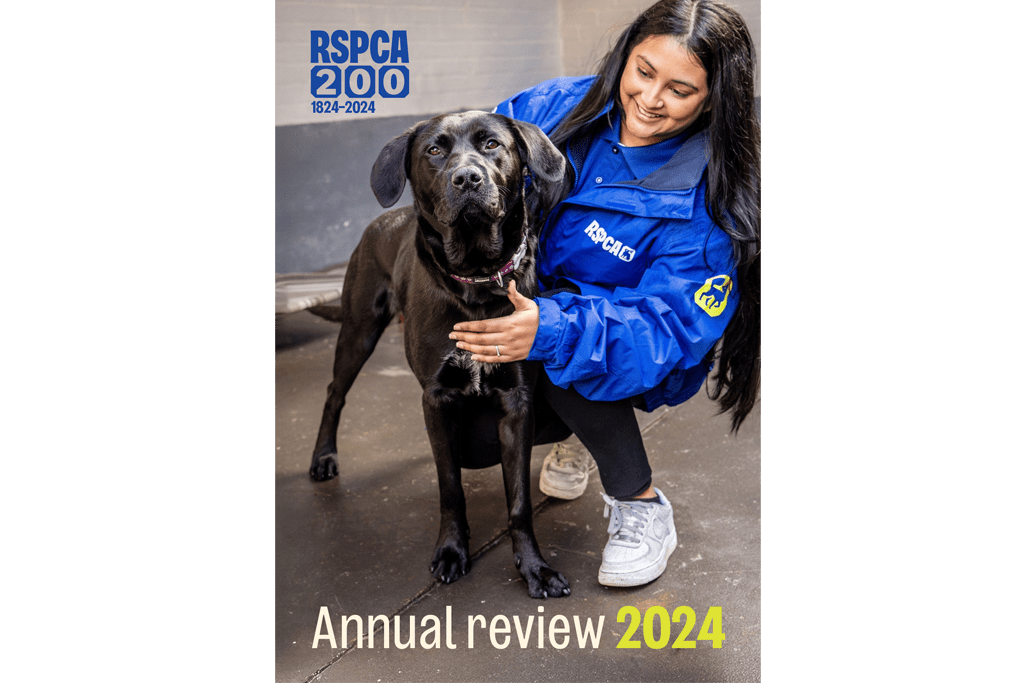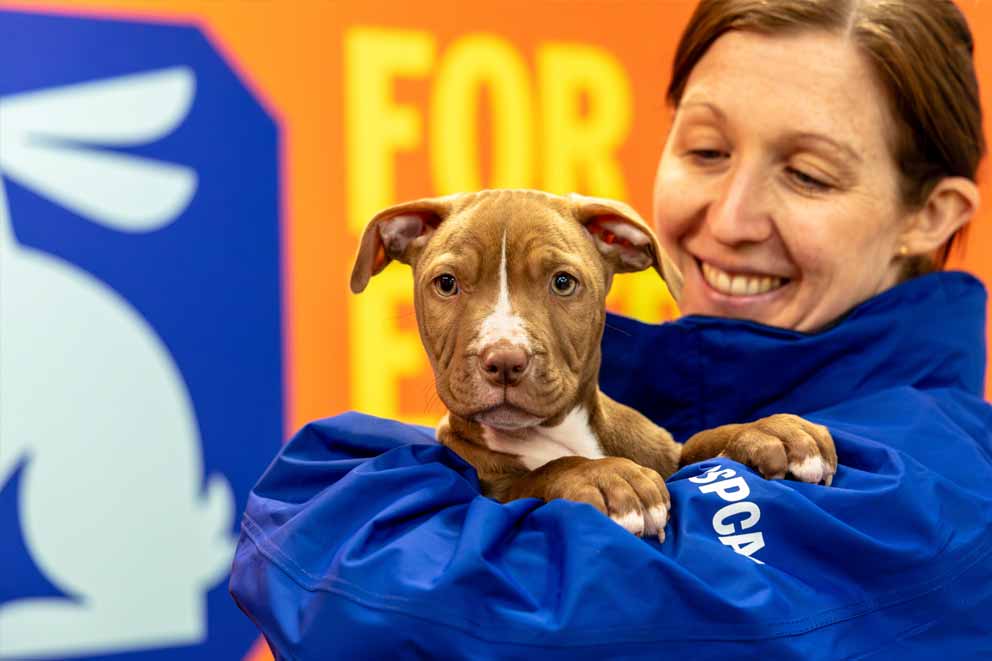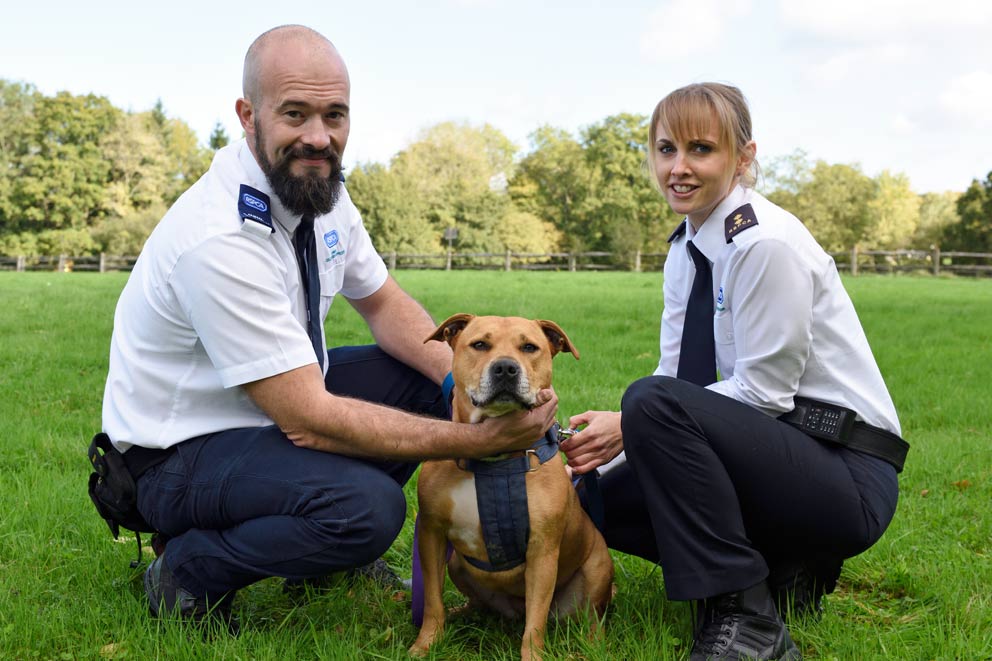- Find a Pet
- Advice and Welfare
- Ways to Give
- Get Involved
- What We Do
- Search
- My RSPCA
- Report a concern
- Gift in Wills
-
Colour modeVivid Calm
- Home
- What we do
- Press hub
- Publications
- Annual review
Annual review
Read our latest annual review and see how we’re inspiring everyone to create a better world for every animal.
Our latest Annual review is here. The year 2024 marked a special moment in the world’s animal welfare journey – and in ours. In 1824, we formed the very first animal welfare charity, the SPCA, which later became the RSPCA. It was wonderful to be able to celebrate our two centuries of working for better lives for millions of animals, but our focus remained firmly on the future. We continued to get people talking and thinking about animals – and encouraged them to get involved. Thousands did, by supporting our campaigns, volunteering with us, or helping animals in need themselves by using our new online triage tool.
In the 2024 Annual review, you can read about our rescue and care work, with stories about Dolly (on page 4), Bertie and Grace, who are now living the safe, joyful lives they deserve in loving new homes. You’ll see how we helped change laws, minds and industries locally, nationally and internationally. There are also insights into how our work with partners, supporters and young people is helping us build a better world for all animals – together.

The bigger picture
We faced increasing pressure in 2024, tackling 61,000 reports of animals suffering cruelty and neglect. The cost-of-living crisis continued, with more animals being abandoned. And the general election put the brakes on promised animal welfare legislation.
But we tackled these issues by:
- connecting with more people than ever before and building a millions-strong movement for animal welfare
- protecting animals in local communities with free pet meals and pet care where needed
- pushing for new laws and getting six across the line, including: an end to live animal exports; a new crime of pet theft; and a requirement for social media sites to remove content encouraging animal cruelty
- recruiting more animal rescue volunteers to support our inspectors
- getting 200,000+ people to help animals in need themselves by using our new online triage tool.



